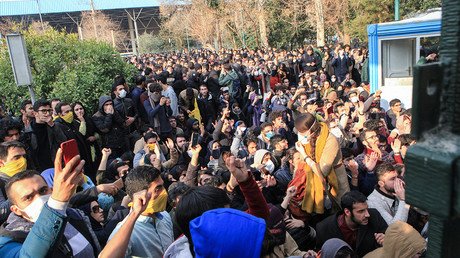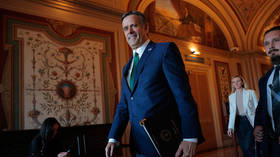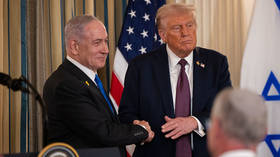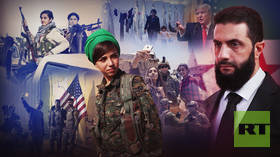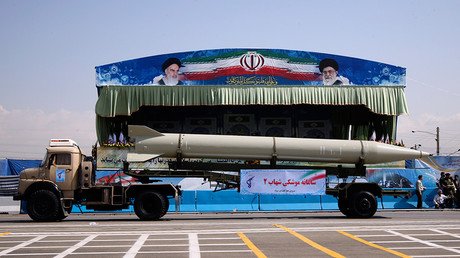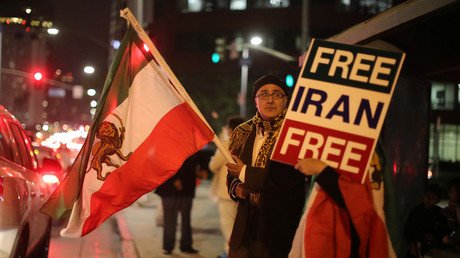Iran bans English in primary schools after calls to end Western ‘cultural invasion’
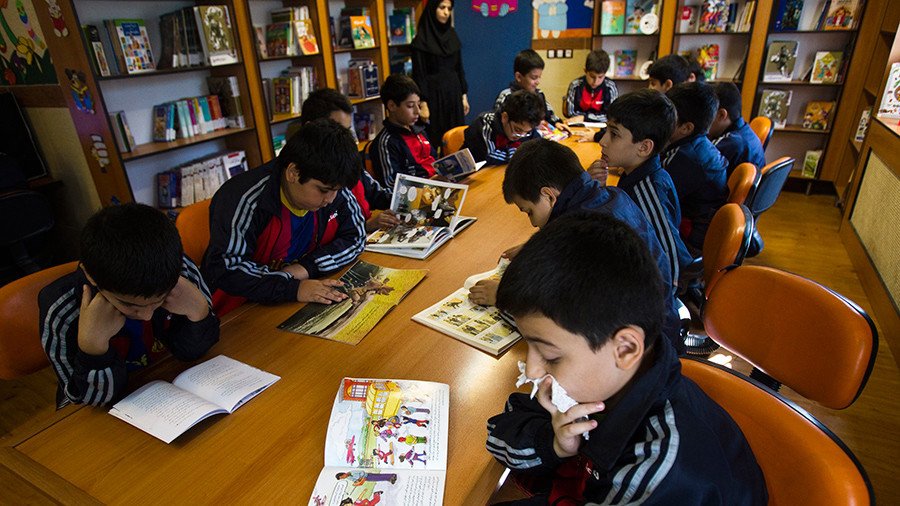
Iran has banned teaching English in primary schools, a top education official says. The move comes amid repeated calls from Tehran to put an end to the Western “cultural invasion” of the Islamic Republic.
“Teaching English in government and non-government primary schools in the official curriculum is against laws and regulations,” Mehdi Navid-Adham, head of the state-run High Education Council, said on state TV on Saturday. “This is because the assumption is that, in primary education, the groundwork for the Iranian culture of the students is laid.”
The authorities may also ban non-curriculum English classes, the official said. The video, featuring Navid-Adham speaking about the ban, was posted on Twitter by Fars.
📺 آموزش زبان انگلیسی در مدارس ابتدایی ممنوع شد. pic.twitter.com/cyDq8YHwRj
— خبرگزاری فارس (@FarsNews_Agency) January 6, 2018
Children start learning English in middle school in Iran when they are about 12-14 years old. Some primary schools also have English classes.
The Iranian leadership has repeatedly warned about the dangers of the Western “cultural invasion.” In 2016, Supreme Leader Ayatollah Ali Khamenei said that Iran has reached “a stage that teaching the English language has spread to nursery schools.”
READ MORE: Telegram shuts down ‘violence-inciting’ channel at Iran’s request, angers Snowden
“That does not mean opposition to learning a foreign language, but (this is the) promotion of a foreign culture in the country and among children, young adults and youths,” he said.
“Western thinkers have time and again said that instead of colonialist expansionism of the 19th century, the best and the least costly way would have been inculcation of thought and culture to the younger generation of countries and training experts and elites that would act like soldiers of the system of dominance.”
Tensions between Iran and the West continue to grow amid the recent protests across Iran which the authorities say were triggered by “foreign enemies” of the Islamic Republic. “The enemies of Iran are angry with the glory, success, and the progress of the Iranian nation; and they have vowed to bring the regional troubles to Iran,” Iranian President Hassan Rouhani said earlier in January, according to Iranian Mehr News Agency.
On Thursday, Iran’s public prosecutor, Mohammad Jafar Montazeri, accused the CIA of being the “main protector” of a plan to cause unrest in the country. He also named Israel’s Mossad and Saudi Arabia as co-conspirators in the alleged plot.
More than 20 people have died in the unrest caused by economic hardship and alleged corruption, according to media reports, with rioters attacking government buildings and police stations in some areas. On Sunday, Iran’s Revolutionary Guard declared victory over the unrest.
